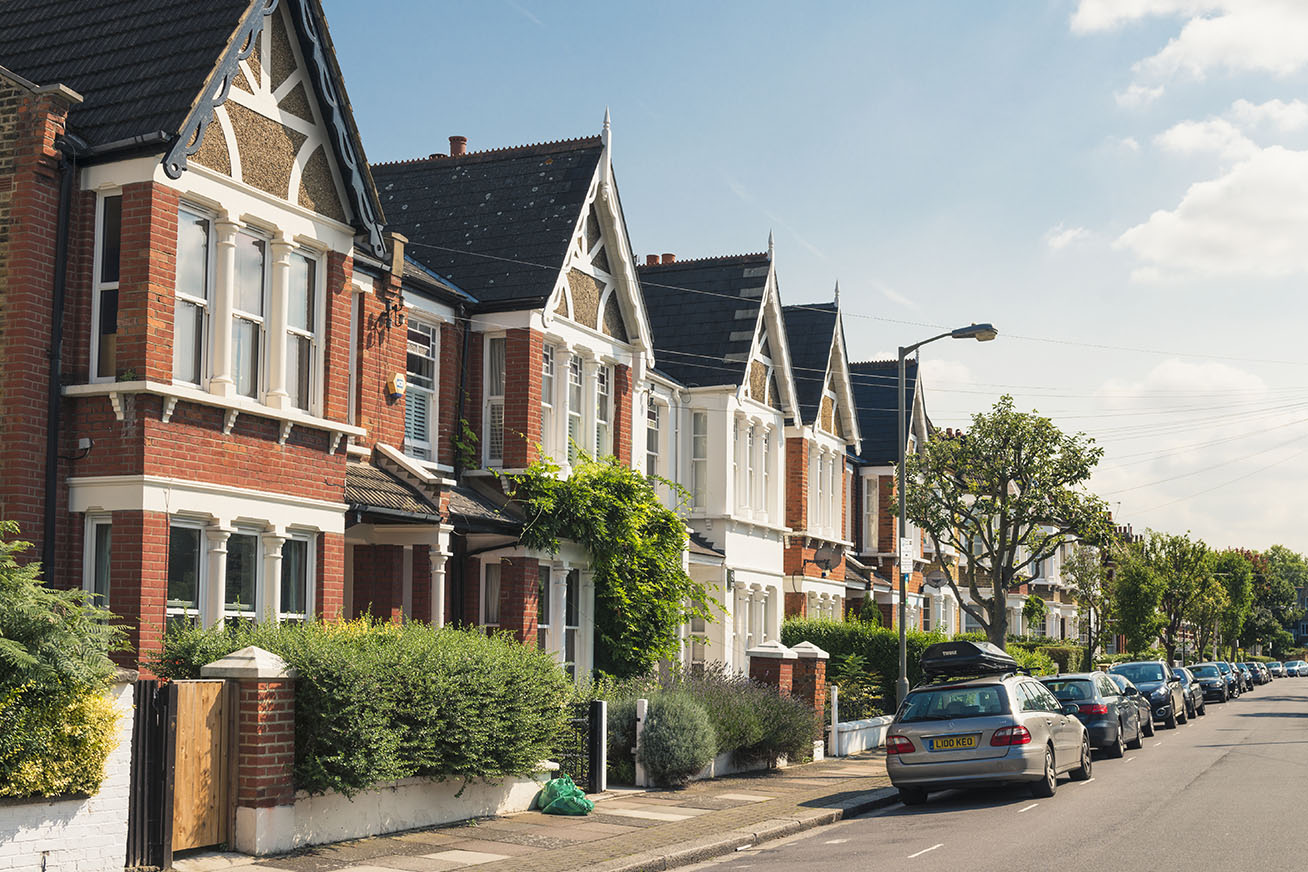Buyers Guide
At Rawlinson and Webber, we understand each buyer’s situation varies. Whether it’s purchasing your first home or looking for an investment property, our team is here to advise you on the best course of action subject to your requirements and circumstances.
Here is an outline of the buying process and what you can expect from purchasing through us:
1. Finances
The first and most important step is arranging how you are planning to purchase the property. Whether it’s a cash purchase, mortgage or relying on the sale of your own property it is important you have a plan in place. Consider the assets you have such as savings, as well as your income and outgoings. If you are seeking to purchase with a mortgage, we strongly suggest speaking with an independent mortgage broker to ensure you are offered the best options. Rawlinson and Webber can refer you to a qualified individual if you need further assistance in this regard.
Having your finances in place means you will be in a stronger position to negotiate as you are ready to go!
2. Register
Consider what’s important to you in terms of your property purchase. Are you specific on the location? Is a garden a deal breaker? Are you looking for a fixer-upper? Register your interest with us, tell us exactly what you’re looking for and we’ll be sure to keep you updated on upcoming properties.
3. Property to Sell?
If you are reliant on the sale of your property or generally have a property to sell, please get in touch for an accurate market appraisal. Having the same agent keeping on top of your sale and purchase makes a huge difference on the conveyancing process.
4. Viewings
We provide high quality images, floor plans and descriptive summaries to ensure you are provided with as much detail and information as possible prior to viewing. Once you have established there are enough boxes ticked, we can get a viewing scheduled for you.
5. Instruct a Solicitor
A successful purchase relies on an efficient and experienced solicitor. Please speak to us for a referral and we can put you in touch with solicitors who can help.
6. Offers and Negotiation
Buyers with no chain, those with pre-arranged mortgages or cash buyers are usually the ones in a favourable position to negotiate as you are ready to go. Always consider the maximum you can afford to offer when negotiating too. Consider other costs you will incur along the way – Stamp Duty (use our calculator to work this out exactly), solicitor fees, Survey, Valuation, Removals. Don’t forget the prevailing rate of VAT on all services.
7. Offer Accepted
Once your offer has been agreed, you will need to instruct a solicitor for the conveyancing process. At Rawlinson and Webber we can refer you to our panel of solicitors if you don’t already have one in place. Working with solicitors we have a good working relationship with, always helps with the legal process. Please note that offers are always accepted “subject to contract” and satisfactory survey. This is the beginning of the hard work!
8. Conveyancing Process
Your solicitor is instructed to carry out the conveyancing process. Here is a brief overview:
- Receive Contract Pack from Vendor’s Solicitor which will contain information such as; what’s included in terms of fixtures & fittings, details of boundaries, any disputes etc.
- Check the seller is the owner of the property and prepare report on title for you
- Instruct searches
- Check any copies of guarantees, planning permissions and building regulation certificates where necessary
- Raise enquiries based on the information received and obtain responses from the vendor’s solicitors
- Pay stamp duty and land tax on the property
- Arrange registration of title in your name
9. Surveys and Mortgage Offers
If you have a mortgage in place, you will need to complete any lender’s application form and send them any required documentation including ID, proof of address, proof of earnings and bank statements – so it’s always worth trying to gather this paperwork in advance. Your lender will then schedule for a valuation to be carried out at the property.
As a cash purchaser, you may not need a survey but it is always advisable! If you are buying an older property in need of repair it may be sensible to have a more detailed survey done. We can help you arrange this if needed.
10. Exchange of Contracts
Exchange of Contracts is usually the last stage of the legal process and you’ll be asked to pay a deposit of 10% of the property value before the contracts can be exchanged. It is worth noting that it is essential to have building insurance cover in place at this stage. A completion date should be agreed and your conveyancer will send you a completion statement.
11. Completion
Here are some tips to make your moving day as smooth as possible:
- Use a good removal firm – we can help you with this
- Take meter readings on move in day for your records
- Check out the best value utility contracts
- Redirect post with Royal Mail, recommend for 6 months.
- And lastly, whether it’s a fixer-upper or a brand new apartment, enjoy the process and we’ll be here if you need any additional help!
And finally, congratulations!
Read What Our
Customers Say

How Much is Your Property Worth?
Not sure how much your property is worth? Request a free, no obligation valuation for your property.
Book a Valuation